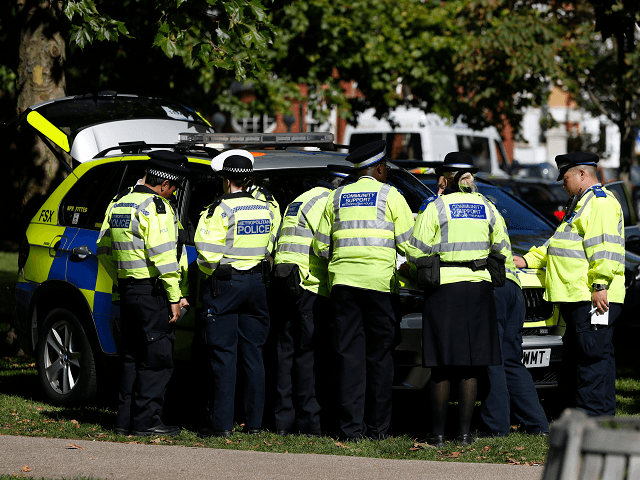London’s Metropolitan Police force will not bother to investigate crimes if officers are required to watch CCTV for more than 20 minutes or there is no footage available.
The UK’s largest force will also drop investigations into thousands of lower-level offences and ignore certain crimes such as vandalism, vehicle crime, and fuel theft if damages do not exceed £50.
The new “crime assessment policy” was uncovered after a Freedom of Information request by The Times, and comes a time of increasing budgetary pressures and falling police numbers.
But not on hate crime. So if you’re robbed, you could say you thought it also racist etc. Immediate attention. https://t.co/1HxEF4sAcD
— Peter Whittle AM (@prwhittle) January 2, 2018
However, according to the policy, employed by the force since September, other crimes, including so-called “hate crime” and serious crimes such a homicides and sexual assaults, must always be investigated.
Crimes are automatically “assessed out” if the £50 limit is not reached or the victim does not wish to support the prosecution in cases of non-fatal traffic collisions, lower-level fraud, and assaults with only minor injuries, for example.
London Mayor Who Said Terrorism ‘Part and Parcel of Living in a City’ Will Now Raise Taxes… To Pay For Counter Terrorism Police https://t.co/qlRW8Jqjux
— Breitbart London (@BreitbartLondon) December 22, 2017
The policy adds: “Where the exact time of the offence is not known and an extended period of CCTV which requires viewing is longer than 20 minutes, the crime must be assessed ‘out’.”
The policy’s existence has sparked fears that criminals will become emboldened to commit certain crimes and that victims will be ignored.
Violent crime has been rising dramatically in London and across the UK. According to MPs, parts of the capital are now “no-go zones” thanks to more acid attacks, and between May and July this year, there were 3,755 knife-related crimes and a 27 per cent increase in firearms offences across Britain.
The chairman of the Metropolitan Police Federation, Ken Marsh, said that officer numbers in London were down from 32,000 to 30,000 for the first time in more than a decade.
He warned that if funding did not improve, they would drop to below 28,000 in two years or less:
“Something has to give and this is what has to give but it is not palatable for my colleagues to be put in this position. If someone reports a crime, who are we to be judge and jury on what is investigated? That’s the difficulty for my colleagues.”

COMMENTS
Please let us know if you're having issues with commenting.